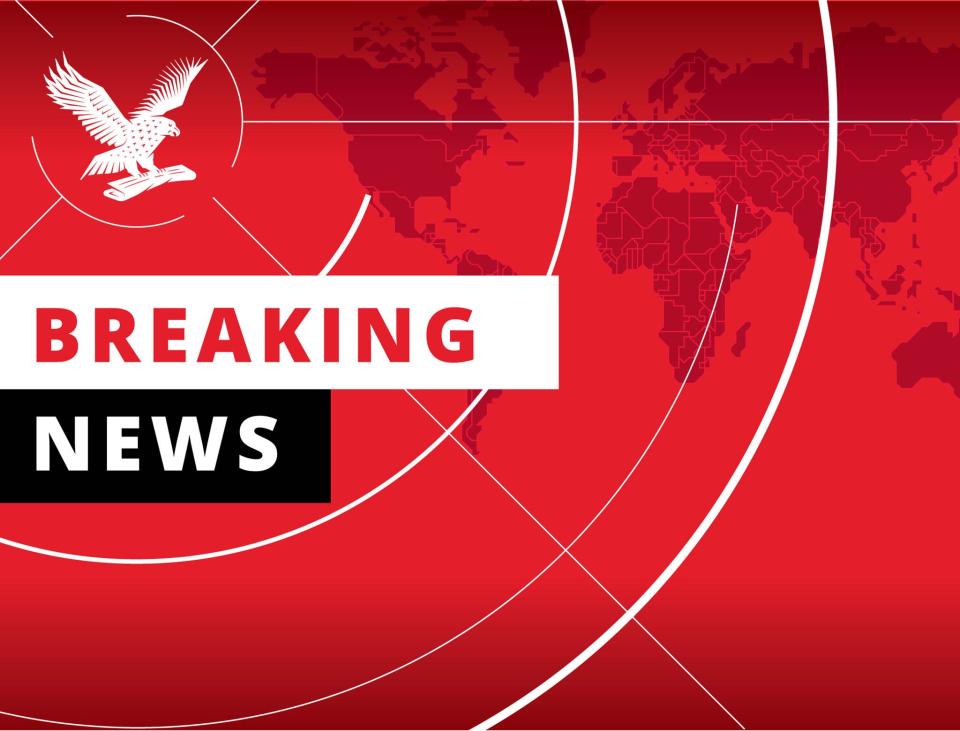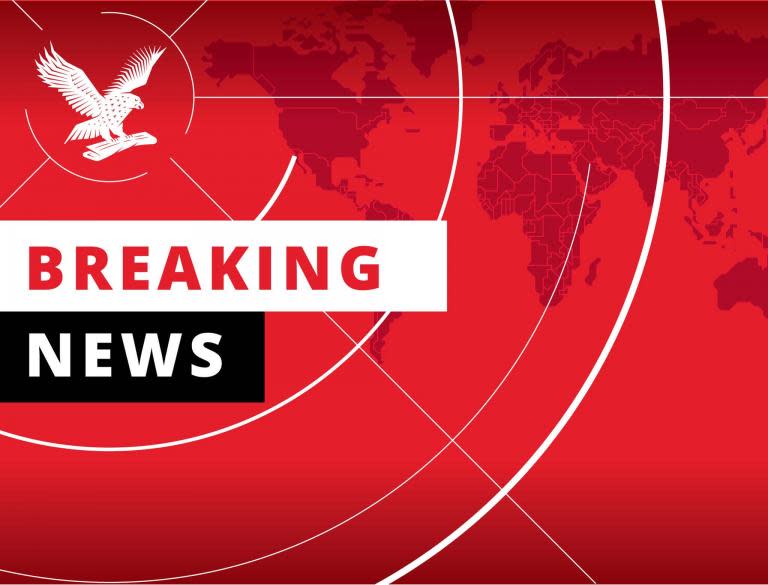Government plans to curb air pollution so inadequate they are unlawful, High Court rules
The Government’s plans to tackle air pollution have been declared “unlawful” in a High Court ruling that condemned their inadequacy.
Environmental lawyers from ClientEarth won a legal challenge launched last month against official proposals for reducing illegal levels of harmful nitrogen dioxide, most of which comes from vehicles.
The judge said more action was needed in 45 English local authority areas and in Wales.
Mr Justice Garnham said the Government’s plan was “seriously flawed” in respect of those areas, and was not expected to reduce pollution to within legal levels until 2021.
He said: “Because the obligation is zone-specific, the fact that each of the 45 local authority areas will achieve compliance in any event by 2021 is of no immediate significance.
“The Environment Secretary must ensure that, in each of the 45 areas, steps are taken to achieve compliance as soon as possible, by the quickest route possible and by a means that makes that outcome likely.”
Previous plans had already been deemed illegal by courts for failing to adequately tackle air pollution in the UK and bring it in line with EU air quality standards.
The court had previously heard that nitrogen dioxide levels are still too high in 37 of the 43 air quality zones across the country.
The most recent government plan involves setting aside £255m to help local authorities improve air quality, and proposals to end the sale of all conventional petrol and diesel cars by 2040.
Critics have called this plan a “shabby rewrite” that is incapable of delivering cleaner air.
Mary Creagh, chair of the Environmental Audit Committee, said: “Millions of people in the UK live with illegally high levels of air pollution, which results in 40,000 early deaths every year.
“Ministers’ shambolic attempts to tackle this means this is the third time the courts have ordered the Government to come up with a new plan.
“The Government must now use every tool in the box to clean up our choking cities.”
Green MEP Keith Taylor said: “The Government still won’t learn its lesson. A shabby rewrite of their dismal air quality ‘plan’ was never going to deliver cleaner air. Time after time the Tories’ deadly apathy has been called out by the courts, thanks to the dogged and admirable work of ClientEarth.
“Instead of confronting their moral and legal duty to protect our health, ministers have prioritised throwing taxpayers’ cash away fighting in the courts against taking even the most basic action needed to bring our air within EU air pollution limits. It’s a disgrace. The Government is standing idly by while Britain chokes.”
James Beard, climate and transport specialist at WWF, said: “The ruling that a 2040 petrol/diesel sales ban and passing the buck to local authorities do not add up to a satisfactory air quality plan, means we’re back to the drawing board.
“Defra (Department for Environment, Food and Rural Affairs) should bring forward its petrol/diesel sales ban to 2030. This will help local authorities clear the air in their streets in the near term, while cutting carbon emissions and helping protect people and nature from the impacts of climate change.”
The judge did, however, reject ClientEarth’s case in relation to the Government’s plans for five key cities, including London.
He said the Government’s approach to those cities was “sensible, rational and lawful”.
A spokesperson from Defra said: “We are pleased that the judge dismissed two of the three complaints. The judge found that our modelling is compliant and that our approach to areas with major air quality problems is ‘sensible, rational and lawful’.
“The court has also asked us to go further in areas with less severe air quality problems. We had previously considered that it was sufficient to take a pragmatic, less formal approach to such areas. However, in view of the court’s judgment, we are happy to take a more formal line with them.
“We have already delivered significant improvements in air quality since 2010 and we will continue to implement our £3.5bn air quality plan.”
Additional reporting by PA

 Yahoo News
Yahoo News 

